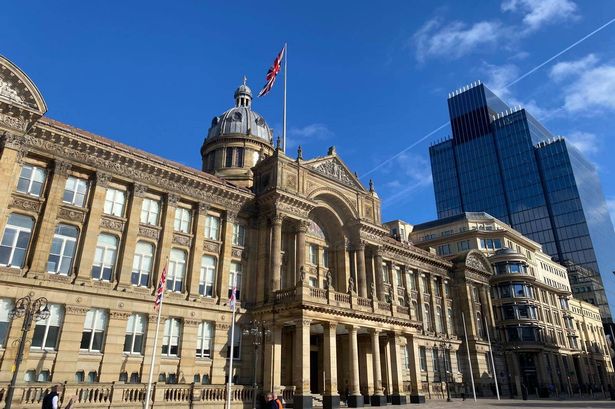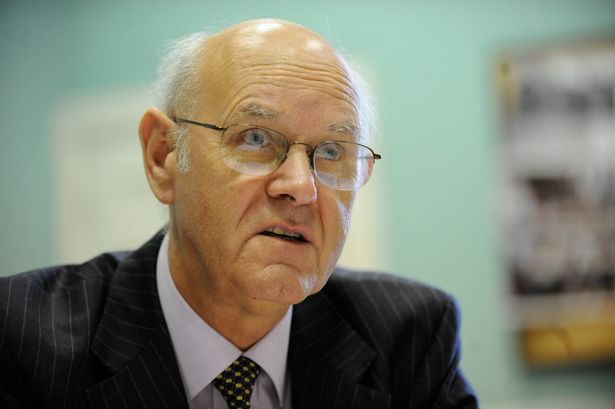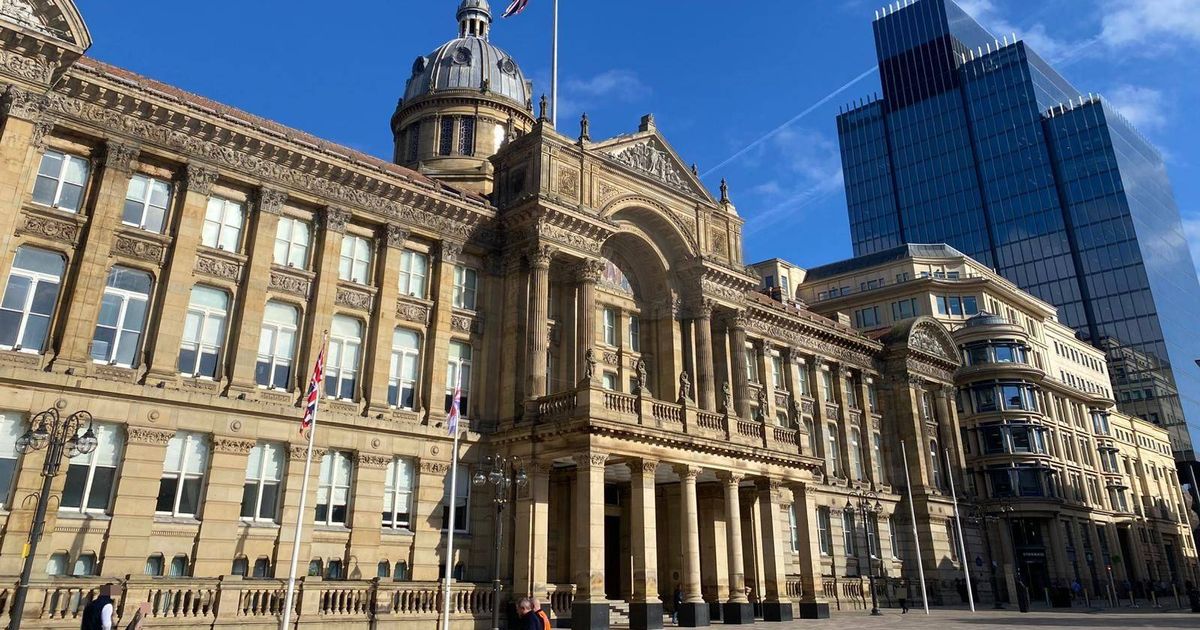The final equal pay settlement facing Birmingham City Council is much less than the figure that triggered effective bankruptcy (Image: Local Democracy Reporting Service)
(Image: Local Democracy Reporting Service)
Angry councillors and academics today slammed Birmingham City Council for ‘going bust when it didn’t have to’ because its officers feared it faced a £760 million equal pay claim.
The oft-cited figure, used in legal notices declaring the city council’s de facto bankruptcy, was ‘false, just a figment of someone’s imagination’ and has never been shown to be valid, said furious city councillor Paul Tilsley.
“It was the rock that triggered an avalanche of misery that has destroyed Birmingham’s reputation, caused real pain and hardship and destabilised the entire city,” he said.
READ MORE: Revealed – Birmingham City Council pays out ‘around £250 million’ in thousands of equal pay claims
Coun Tilsley, (Lib Dem, Sheldon) spoke out after insider sources revealed to BirminghamLive that the final equal pay settlement hammered out between the council and unions Unison and GMB was around £250 million. The settlement deal, but not its details, was announced this week, Tuesday October 14.
Even if the final figure ends up being closer to £300 million, it would still dwarf the ‘guestimate’ that drove the council into de facto bankruptcy, said Coun Tilsley, a veteran member of the council’s audit committee.
It was ‘vindication’ for those who long railed against the original figure, often while facing considerable political pressure to stay quiet, he said.
Coun Tilsley said: “It was clear to anyone who had any sense that the figure quoted had no credibility. Yet it was used to justify the council going bust and saying it had no money.”
 Councillor Paul Tilsley
Councillor Paul Tilsley
The figure of ‘£650 to £760 million’ was put into the public domain in June 2023 by then-council chief executive Deborah Cadman, supported by council leader Coun John Cotton. It was calculated by officers after the council was warned of imminent equal pay claims over the proliferation of ‘task and finish’ practices and ‘role enhancements’ in the mainly male-staffed bin service.
In the aftermath BirminghamLive repeatedly sought clarity on how the figure was reached – including via Freedom of Information requests and challenges to the council – but these were always snubbed on the basis that revealing the formula behind the figure could open up more claims.
But at the time councillors, unions and academics all declared the figure did not add up.
Among the sceptics was James Brackley, an audit specialist and academic. He was a senior figure in the Audit Reform Lab, based at Sheffield University, who published a report last year claiming the reported equal pay bill was ‘overstated’ and ‘prematurely released’.
The report found it was the council’s defective new digital software operating system, known as Oracle, that was at the heart of the chaos, on top of austerity cuts and Tory policies driving up demand for costly crisis services.
Brackley has since cited new evidence that showed the council need not have declared its bankruptcy when it did, even allowing for the Oracle chaos.
He has since backed BirminghamLive and opposition councillor calls for a full public inquiry to uncover what really went on.
READ MORE: Blameless Brummies are paying price for council fiasco – the 13 questions that must be answered
He said he believed the council declared its bankruptcy based on a dire misunderstanding of the equal pay liability, a failure to properly account for its reserves and ‘a sense of panic’.
He said today: “Birmingham should never have gone bankrupt. It didn’t need to.”
READ MORE: New rescue plan plea for broke Birmingham as report claims ‘errors’ over equal pay and bankruptcy
The council’s own recently-published accounts for 2023 and 2024 illustrated that it did not need to take the nuclear option and may have miscalculated its General Fund position, he said.
Labour councillor Fred Grindrod, former chair of the audit committee, has also previously criticised the explanations cited over the declaration of financial distress.
In a recent speech to the full city council, he said: “The events of 2023 were catastrophic for Birmingham. A disaster that damaged this city, its reputation, and its people. A disaster that has left us cutting services for the most vulnerable, selling off assets, and telling our citizens their aspirations cannot be met.
“And to this day, we still do not know the full truth.”
A report to the city council setting out the reasons for issuing the Section 114 Notice in 2023 stated that “the council is currently in a negative General Fund position. That is because of the cost of providing for Equal Pay claims the council is now legally obligated to recognise, will result in exceeding the financial resources available to the council.”
There were also additional ‘overspend’ issues totalling £87m, it said.
The notice added that ‘extensive discussions with external auditors, regulatory stakeholders, and leading Kings Counsel…have confirmed our assessment of our financial position”.
As a result of the notice being issued, an immediate spending freeze was announced and a rescue plan was drawn up.
Against this chaotic backdrop, the watching Government swooped in. The then-Communities Secretary Michael Gove ordered commissioners to take over, describing the city council as a failure.
Since then the council has shed more than 400 jobs, slashed services and spending on its communities, and sold off hundreds of millions of pounds-worth of assets. It has raised council tax by the maximum permissible for two years, totalling 21 per cent of rises. It has been lambasted for its failures and held up as a posterchild for poor governance.
